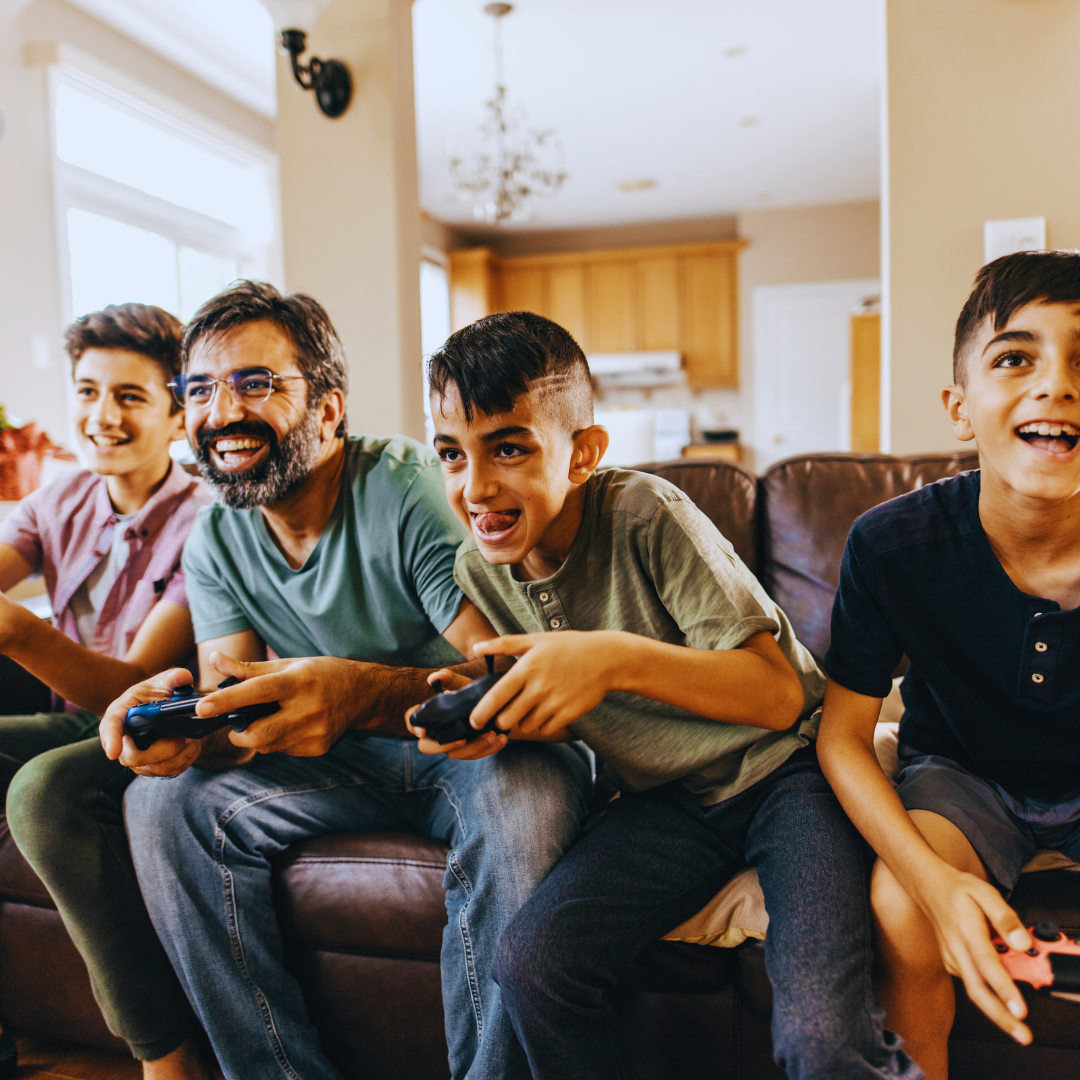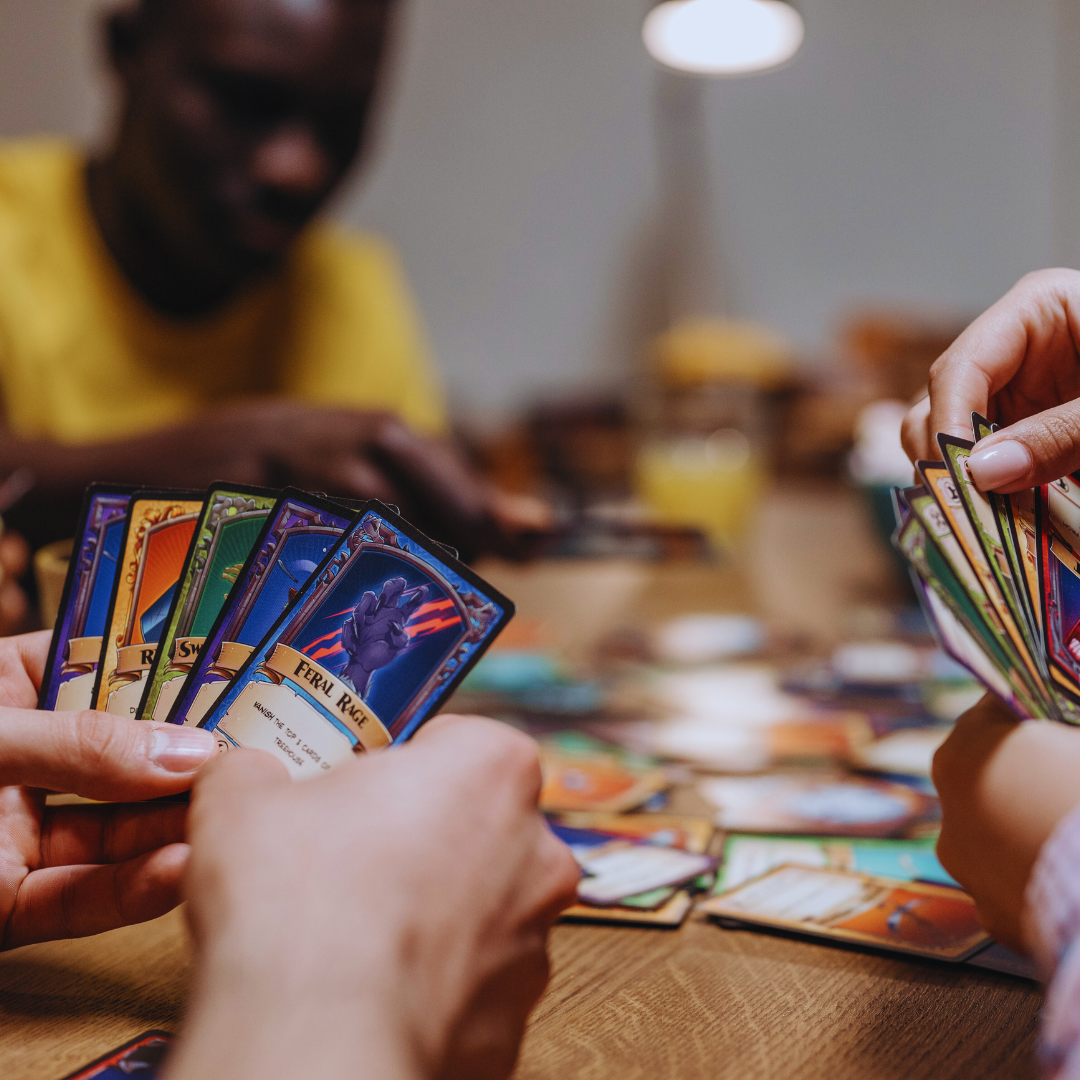Many may view gaming solely as a recreational activity, but recent studies reveal a different picture. Video games can provide substantial mental health benefits, enhancing cognitive function while promoting positive well-being. Gamers often experience improved problem-solving skills, increased creativity, and better social connections through cooperative play.
Engaging in video gaming can offer a much-needed escape from daily stressors. Players immerse themselves in intricate storylines and challenges, allowing them to unwind in a healthy manner. This form of escapism can foster a sense of achievement and encourage resilience, important attributes for maintaining mental well-being.
Furthermore, gaming can serve as a platform for social interaction, combating feelings of isolation. Many individuals connect with friends or meet new people online, creating a supportive community. This connection significantly contributes to overall mental health, making gaming a valuable tool for those seeking both entertainment and emotional support.
Cognitive Advancements Through Gaming
Playing video games offers various cognitive benefits that enhance mental processes. These advancements occur through improved memory, decision-making, and creativity, all of which contribute to greater cognitive skills and functions.
Boosting Memory and Attention
Gaming has been shown to boost both memory and attention. Players often engage in tasks that require them to remember patterns, locations, and sequences. This repetitive practice can lead to enhancements in working memory.
Additionally, video games frequently demand high levels of attention to detail. Players must monitor multiple elements on the screen while processing information rapidly, which strengthens their ability to maintain focus over extended periods. Research indicates that action games, in particular, significantly improve selective attention, allowing individuals to filter out distractions more effectively.
Enhancing Problem-Solving and Decision-Making
Video games often present complex problems that require strategic planning and critical thinking. Players engage in scenarios where they must evaluate options and make quick decisions, thereby honing their problem-solving skills.
This process fosters a type of cognitive flexibility, as players learn to adjust their strategies based on ever-changing game conditions. Games that involve puzzles or challenges encourage experimentation, promoting an analytical approach to decision-making. As such, the cognitive skills developed through gaming translate to real-life situations, enhancing an individual’s ability to navigate complex problems and make informed choices.
Fostering Creativity and Cognitive Flexibility
Many games encourage creative thinking by allowing players to explore various solutions to challenges. For instance, sandbox games let players design their environments and think outside the box, promoting innovation.
Cognitive flexibility is also nurtured through gameplay that requires adaptive strategies. Players often shift tactics in response to both in-game and player-directed changes, developing a mindset that embraces new ideas. This adaptability in gaming can extend to the real world, aiding in situations that require rapid shifts in thought and approach. The skills acquired through these gaming experiences are invaluable across various contexts, from personal life to professional environments.
Psychological and Emotional Benefits
Gaming offers various psychological and emotional benefits, including mechanisms for stress relief, emotional regulation, and avenues for enjoyment that can enhance motivation. These aspects contribute significantly to an individual’s emotional resilience and well-being.
Stress Relief and Emotional Regulation
Many gamers experience significant stress relief through gameplay. Engaging in a virtual environment allows individuals to escape from real-world pressures. Activities in games can trigger the release of dopamine, a neurotransmitter linked to feelings of pleasure and relaxation.
Moreover, gaming can promote mindfulness. Players often focus intensely on the tasks at hand, allowing them to lose track of worries and distractions. This state of immersion, known as flow, leads to an improved mood. While excessive gaming can lead to a gaming disorder, moderate play can effectively help in managing stress and enhancing emotional regulation.
Building Resilience and Emotional Well-Being
Video games often present challenges that require perseverance. Overcoming these obstacles fosters a sense of competence and achievement. As players face various difficulties, they learn to adapt and respond to setbacks, building their emotional resilience.
This process contributes to emotional well-being. Gamers cultivate a sense of autonomy within controlled environments, empowering them to make choices and see the outcomes of their actions. Engaging with complex narratives and character development also allows players to explore emotions safely, further enhancing their understanding of emotional dynamics.
Fueling Enjoyment and Motivation
The enjoyment derived from gaming significantly impacts motivation. Players often engage in activities that are inherently rewarding. This enjoyment can lead to increased time spent in gameplay, fostering a habit that promotes continuous improvement and engagement.
Additionally, the satisfaction obtained from completing quests or defeating foes boosts motivation. The motivational aspects of gaming encourage individuals to set goals and work towards them, contributing positively to their emotional well-being. By prioritising fun and engagement, gaming nurtures the desire to explore new experiences and challenges.
Social Connectivity in the Gaming World
Gaming provides significant opportunities for social connectivity, allowing individuals to engage, collaborate, and build communities. Through online interactions, players can forge meaningful relationships that combat loneliness and enhance emotional support.
Enhancing Social Interaction and Community Building
Online gaming environments promote social interaction by connecting people across diverse geographical locations. Players often join communities centred around specific games, creating spaces for discussion, support, and collaboration.
These communities can extend beyond the game itself, with players forming friendships through forums or social media. The shared experience of gaming fosters a sense of belonging and encourages empathy, as players understand each other’s experiences and challenges.
Moreover, many games incorporate features like guilds or clans, which are instrumental in building long-term relationships and encouraging collaboration in achieving common goals.
Online Gaming and the Creation of Social Connections
The virtual world of gaming enables individuals to create social connections that might not occur in traditional settings. Players can meet like-minded individuals who share similar interests, leading to friendships that extend beyond the gaming experience.
Online platforms often host events, tournaments, or activities that encourage teamwork. These gatherings help participants to bond, develop trust, and reinforce community ties.
For those who struggle with loneliness, engaging with an online gaming community can significantly enhance their social life, providing opportunities for regular interaction and fostering lasting relationships.
Collaboration and Communication in Multiplayer Environments
Multiplayer games necessitate effective collaboration and communication among players. These environments enable individuals to develop valuable skills such as teamwork, problem-solving, and negotiation.
Players learn to articulate their thoughts clearly, strategise together, and provide constructive feedback. This interaction cultivates emotional intelligence, enabling individuals to empathise with and support their teammates.
Furthermore, these collaborative experiences can translate to real-world skills, enhancing an individual’s ability to communicate and work with others effectively in various contexts. This aspect of gaming contributes to stronger social bonds and a sense of shared achievement.



